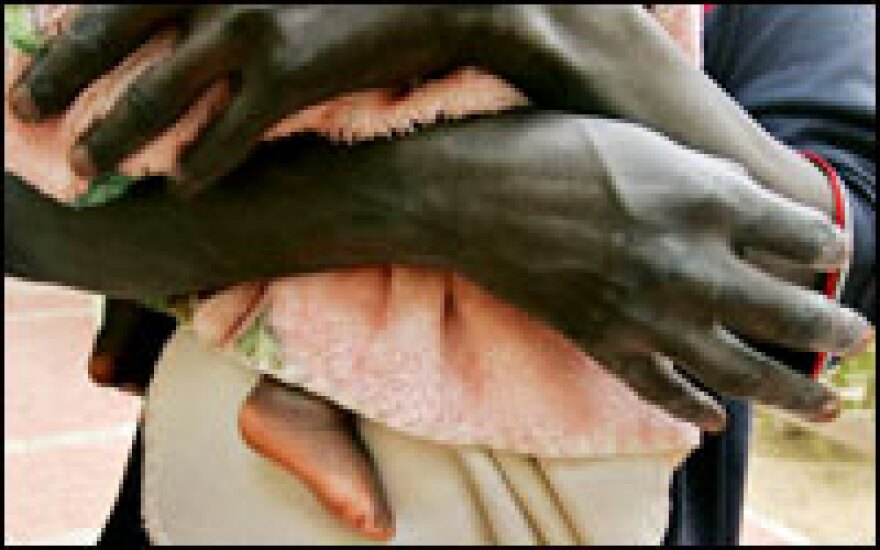
President Bush is imposing new economic sanctions against Sudan in an effort to pressure government officials there to end what he referred to as "genocide" in Darfur. The announcement followed a push by U.N. Secretary General Ban Ki-moon, who spent the past month seeking a diplomatic solution to the crisis. More than 200,000 people have died, and more than 2.5 million residents have been displaced during the four years of conflict in the region. And some say the United States could do more.
John Prendergast, a former Clinton administration official and co-author of Not On Our Watch: The Mission To End Genocide In Darfur And Beyond, said he is unimpressed with the new sanctions. The Africa policy expert also is senior adviser to the International Crisis Group.
Citing Americans' growing interest in the region, Prendergast faults the Bush Administration for announcing measures that he describes as more politically driven than substantially effective. He argues that the latest sanctions are not strong enough and are misguided, and that the crisis in Darfur has yet to become a top priority.
"We push other countries on Iraq and Iran. We don't push them on Sudan. That's the difference," Prendergast says.
Prendergast's book on the crisis is co-authored by actor Don Cheadle.
Audio of the full NPR interview is accessible by clicking "Listen" at the top of this page.
Copyright 2023 NPR. To see more, visit https://www.npr.org. 9(MDM3NjYwMjA5MDE1MjA1MzQ1NDk1N2ZmZQ004))

